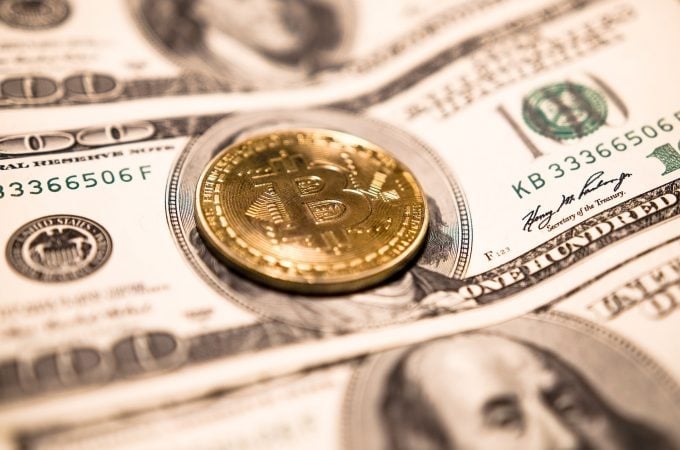In the Philippines, Congressman Miguel Luis Villafuerte introduced House Bill 421, also known as the Strategic Bitcoin Reserve Act. This bill proposes the creation of a national Bitcoin reserve, a first in Asia, which is already generating heated debate about its feasibility, benefits, and risks.
Key takeaways
- 10,000 BTC over 5 years: purchase of 2,000 BTC per year by the central bank.
- Assets frozen for 20 years, except for the repayment of public debt.
- Strengthened security framework: storage in cold wallets, quarterly audits, public transparency.
- Objective of diversifying national reserves beyond the dollar and gold.
- Symbolic challenges: positioning the Philippines as a pioneer in Asia, following the model of El Salvador.
- Major risks: high volatility of Bitcoin, use of public funds, regulatory uncertainties.
An ambitious plan: 10,000 BTC in five years
The plan calls for the Bangko Sentral ng Pilipinas (BSP) to acquire 2,000 BTC per year for five years, to create a total reserve of 10,000 bitcoins. These assets would be placed in cold storage, frozen for 20 years, and could only be used in cases of absolute necessity, such as repaying public debt. After this period, only limited sales (up to 10% every two years) would be permitted.
Governance and security: a strict control framework
To address concerns about transparency and security, the text provides for:
- secure and distributed storage infrastructures,
- quarterly audits,
- and the publication of verifiable proof of asset.
The bill also specifies that private ownership of Bitcoin would not be affected by this measure.
Economic and symbolic objectives
The initiative aims to diversify the country’s strategic reserves, traditionally centred on the dollar and gold, by integrating Bitcoin as a potential “digital gold”.
Furthermore, it aims to strengthen economic sovereignty in the face of international currency fluctuations and position the Philippines as a pioneer in digital finance. This approach is inspired by international precedents, notably El Salvador and Bhutan, which have integrated Bitcoin into their national strategies.
Expert opinions and international comparisons
Opinions differ. Some analysts view this reserve as an asymmetrical bet, potentially very profitable if Bitcoin appreciates over the long term. Others highlight the risks of extreme volatility, the budgetary trade-offs it entails, and the limitations of financial education in the country.
If the bill were to be adopted, the Philippines would join a small group of states – including some in Europe and Latin America – considering incorporating Bitcoin into their reserves.
Challenges and risks
The project faces several major challenges:
- Bitcoin’s high volatility, which could weaken the value of reserves,
- the question of using public funds for an asset perceived as speculative,
- regulatory uncertainties surrounding implementation and accountability,
- and the need for genuine transparency, accompanied by educational efforts to raise public awareness.
Conclusion
The Strategic Bitcoin Reserve Act illustrates a bold commitment: to make Bitcoin an instrument of national sovereignty. The planned accumulation of 10,000 BTC and their freezing for twenty years sends a strong signal, both economically and symbolically. However, the magnitude of the risks – financial, regulatory, and political – requires a cautious approach. It remains to be seen whether this project will mark a new milestone in the institutional recognition of Bitcoin or whether it will remain a matter of debate.
Read also: Stablecoin en yuan : la Chine prépare un tournant stratégique dans la finance mondiale









